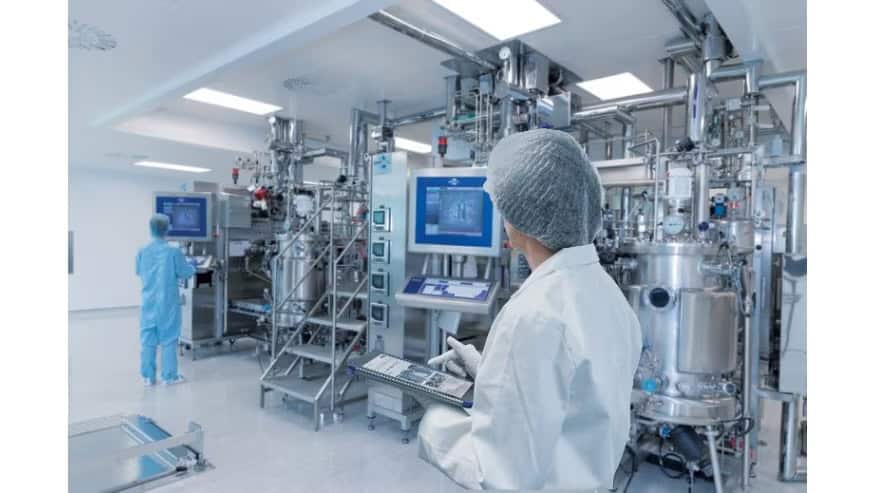Chemical manufacturers have been talking about digitisation for a long time. And now there’s AI. For some, it’s been decades of investment. Chemical companies were content with the savings and benefits generated internally so customers never paid a cent.
But in some corners of the chemical industry, the big digital giveaway is coming to an end.
“We are on that journey of monetising all the work we have done for free for a very long time,” said Christophe Beck, CEO of Ecolab, the world’s largest water- and hygiene-chemical player.
The Minnesota-based company started its digital evolution in 1991. Since then, the number of employees working on digital and AI technology has grown to 1,200. Ecolab has 100,000 cloud-based remote monitored systems up and running.
Beck looked at the model adopted by phone companies to switch things up. Like cellphones, Ecolab’s devices around the world now need to be leased. When a customer sees an improvement in costs, safety, reliability or a drop in water and energy use thanks to its gadgetry, then Ecolab will take a cut of the benefit. Likewise, a nuclear plant operator will be on an Ecolab subscription whereby it gets charged for applications to optimise performance. That could include remote monitoring and using emergency services, Beck told investors and analysts at a recent event held by Baird.
The digital and AI push has taken Ecolab into some surprising places. Last year, the company partnered with California-based startup, Miso Robotics, which uses AI, machine learning, computer vision and data analytics to create kitchen robots that can run the fry station in fast-food chains.
Historically, the average price of Ecolab’s products has increased by 1.0-1.5%. Thanks in a large part to digitalisation and AI, that’s picked up to 2-3% as the company starts to receive a slice of their customers’ savings, Beck said.


